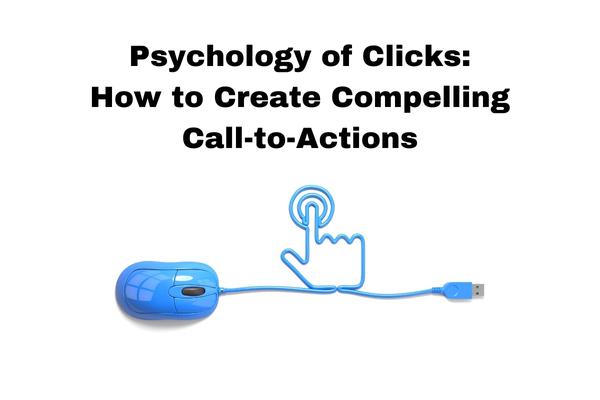
Marketing automation has become an increasingly popular tool for businesses looking to streamline their marketing efforts and achieve better results. By automating repetitive tasks, businesses can free up their time to focus on strategy and creative initiatives, while still maintaining a high level of efficiency.
There are numerous benefits to implementing marketing automation, including:
- Increased Efficiency: Automating routine tasks, such as sending emails and social media posts, saves time and increases efficiency. This allows marketers to focus on higher-level tasks, such as analyzing data and creating new campaigns.
- Improved Customer Engagement: Marketing automation allows businesses to send personalized messages to their customers, which can increase engagement and improve the overall customer experience.
- Better Data Management: Marketing automation software collects and analyzes data from various sources, giving businesses a comprehensive view of their marketing efforts. This data can be used to make informed decisions about future campaigns and improve overall results.
- Increased Lead Generation: Marketing automation can help businesses generate more leads by automating lead nurturing processes and scoring leads based on their behavior and interactions with your brand.
- Increased ROI: By automating repetitive tasks and focusing on high-impact initiatives, businesses can see an increase in their return on investment (ROI) from marketing efforts.
- Improved Collaboration: Marketing automation allows teams to work together more effectively by providing a centralized platform for managing campaigns and sharing data and insights.
There are a variety of marketing automation tools available, each with its own set of features and capabilities. When choosing a marketing automation platform, it’s important to consider the size of your business, your specific needs, and your budget.
Small businesses may benefit from a basic, entry-level platform that offers email marketing automation and basic reporting capabilities. Larger businesses may require a more robust platform with advanced features, such as lead scoring and social media automation.
Regardless of the size of your business, there are several key features to look for when choosing a marketing automation platform, including:
- Email Marketing Automation: This feature allows businesses to send automated, personalized emails to customers and leads.
- Lead Management: A good marketing automation platform should include tools for managing leads, such as lead scoring, lead nurturing, and lead tracking.
- Analytics and Reporting: The ability to track and analyze the results of marketing efforts is essential. A good marketing automation platform should include robust reporting and analytics tools.
- Social Media Automation: Automating social media tasks, such as posting updates and responding to messages, can save time and increase efficiency.
- Mobile Compatibility: With more and more people accessing the internet on mobile devices, it’s important to choose a marketing automation platform that is mobile-friendly and optimized for small screens.
Marketing automation can have a significant impact on the success of your marketing efforts. By streamlining routine tasks, improving customer engagement, and increasing ROI, marketing automation can help businesses of all sizes achieve better results and reach their marketing goals.
However, it’s important to remember that marketing automation is just one piece of the puzzle. A successful marketing strategy should also include a focus on quality content, targeted audience research, and ongoing analysis and optimization.
In conclusion, marketing automation can provide numerous benefits for businesses of all sizes, from increased efficiency and improved customer engagement to better data management and increased RO




